Literary Criticism
-
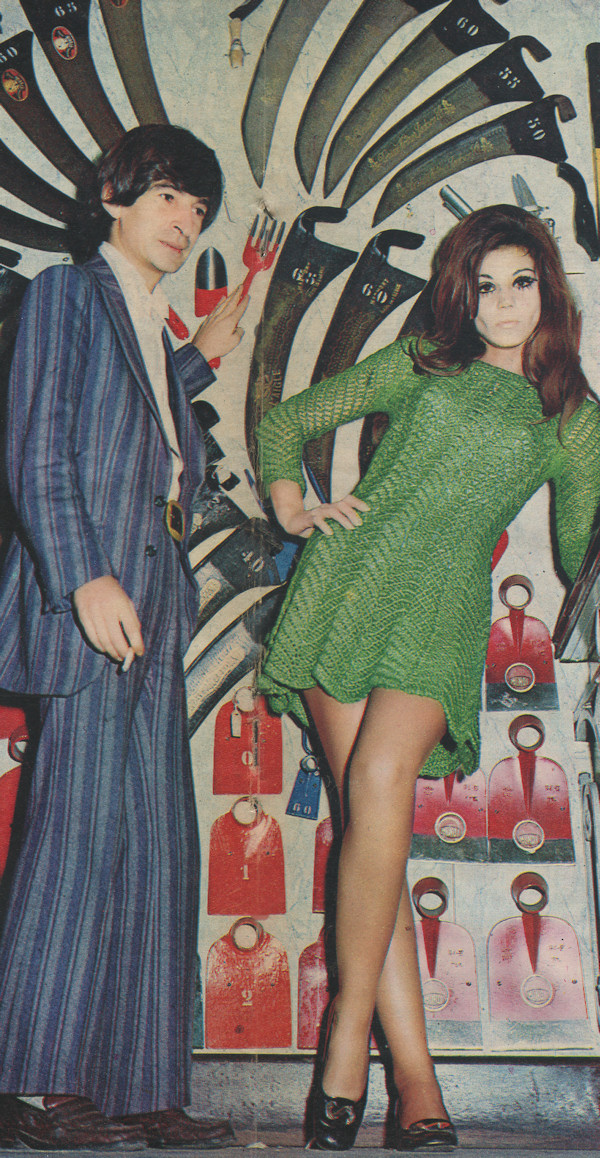
~ Potpourri: Paris
published in
Copi channels his fascination with lowlives, queer people, immigrants and other outcasts
-
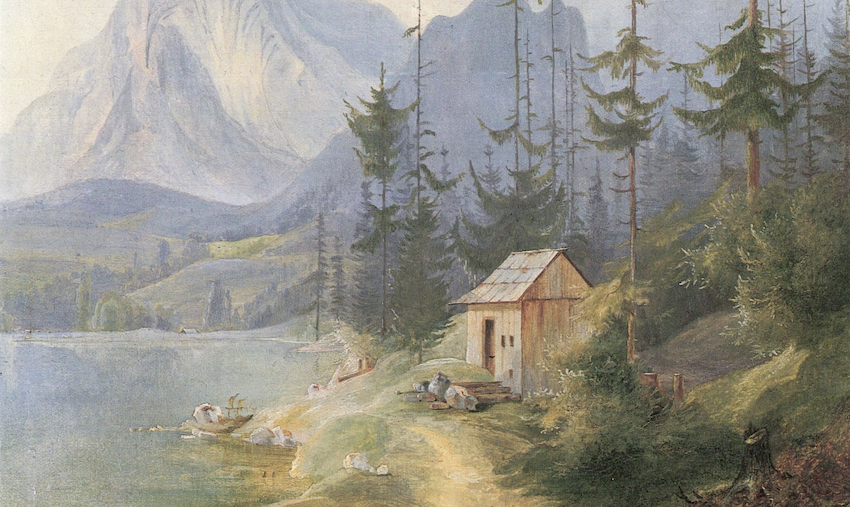
Doom is in the details
published in
Floods, hailstorms, plague, fire, children lost on a mountain or trapped for years in a ruined villa. On the stories of Adalbert Stifter.
-
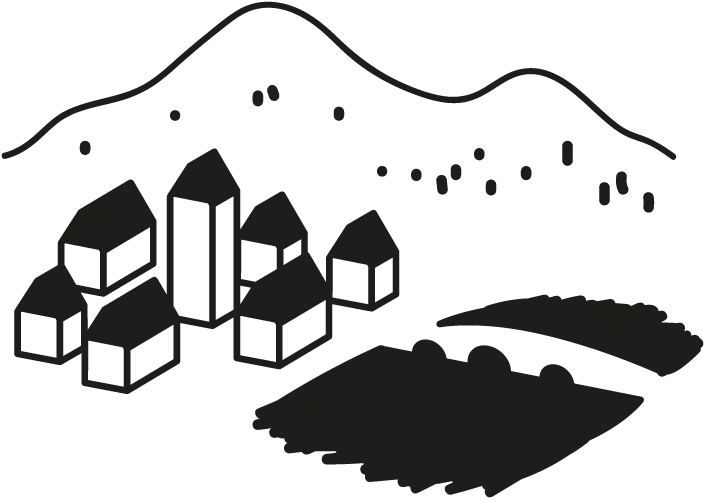
To see a city
published in
« What if all fictional characters from novels continue to dwell somewhere, just like the dead? » Sewn together, the fragmented narratives of Daniela Hodrová’s City of Torment (Trýznivé město) make something deeply European.
-

Eat the dust
published in
Søren Kierkegaard compared reading reviews of his books to « the long martyrdom of being trampled to death by geese. » What martyrdoms does today’s bookishness portend?
-
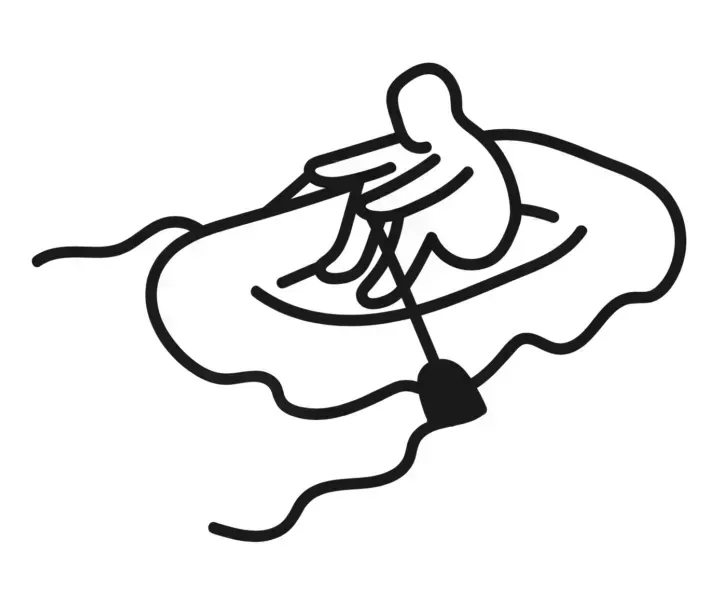
Beyond thalassophobia
published in
German vice-chancellor Robert Habeck has more than twenty books to his name. It is tempting to read his fiction for glimpses of Green political futures, and his literary criticism for similar clues. How experimental can a literary politician be?
-
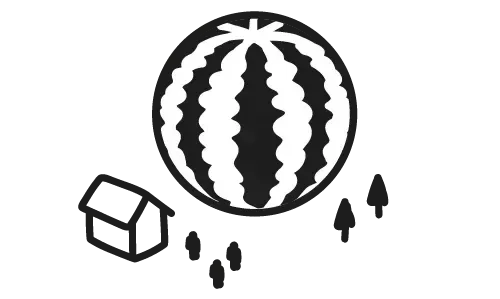
Woman is space
published in
« Space », or prostranstvo, is a key word for understanding the literary and philosophical history of Russia. Oksana Vasyakina’s Rana (Wound), a Siberian road novel, remakes the Russian landscape and the Russian novel for women’s worlds. It renders prostranstvo unruly, polysemous, queer.
